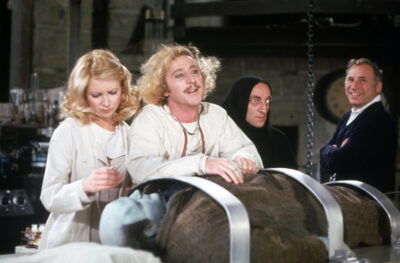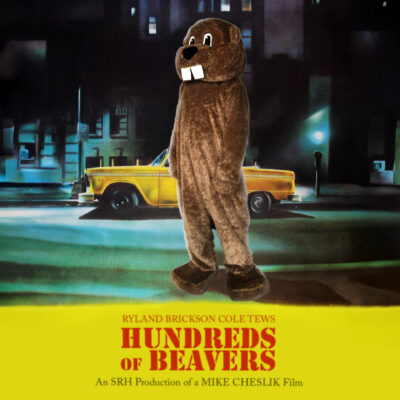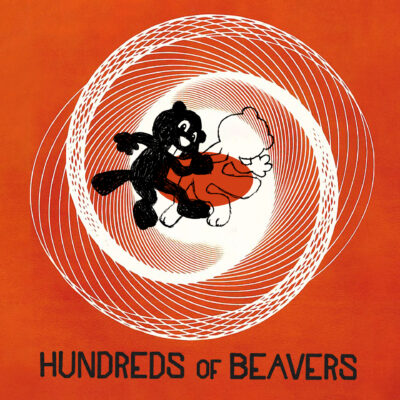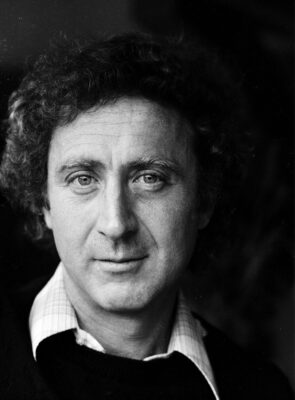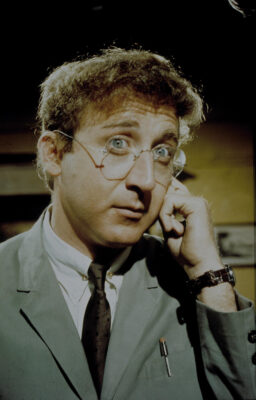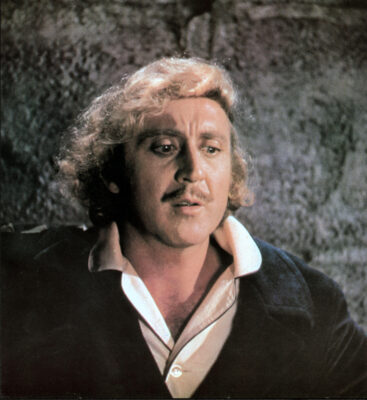Photographic Justice: The Corky Lee Story LAEMMLE PANELS
ROYAL:
4/25 Thursday 7:30
Q&A with
Jennifer Takaki / Director
George Hirose / Executive Producer
Linda Lew Woo / Producer
Moderated by: Jeff Yang / Author and Friend of Corky Lee
GLENDALE:
4/26 Friday 4:30
Informal Q&A with
Jennifer Takaki / Director
George Hirose / Executive Producer
Linda Lew Woo / Producer
4/27 Saturday 4:30
Q&A with
Jennifer Takaki / Director
George Hirose / Executive Producer
Linda Lew Woo / Producer
Moderated by: Chris M. Kwok / Community Organizer
4/28 Sunday 4:30
Informal Q&A with
Jennifer Takaki / Director
George Hirose / Executive Producer
Linda Lew Woo / Producer

![Tickets: http://laemmle.com/film/suburbia | Subscribe: http://bit.ly/3b8JTym | When household tensions and a sense of worthlessness overcome Evan, he finds solace with the orphans of a throw-away society. The runaways hold on to each other like a family until a tragedy tears them apart.
Tickets: http://laemmle.com/film/suburbia
RELEASE DATE: 7/24/2024
Director: Penelope Spheeris
Cast: Bill Coyne, Chris Pedersen, Jennifer Clay, Timothy Eric O'Brien, Wade Walston, Mike B. The Flea
-----
ABOUT LAEMMLE: Since 1938, Laemmle [Theatres] has been showing the finest independent, arthouse, and international films.
Subscribe to Laemmle's E-NEWSLETTER: http://bit.ly/3y1YSTM
Visit Laemmle.com: http://laemmle.com
Like LAEMMLE on FACEBOOK: http://bit.ly/3Qspq7Z
Follow LAEMMLE on TWITTER: http://bit.ly/3O6adYv
Follow LAEMMLE on INSTAGRAM: http://bit.ly/3y2j1cp](https://90bb70.p3cdn2.secureserver.net/wp-content/plugins/feeds-for-youtube/img/placeholder.png)
